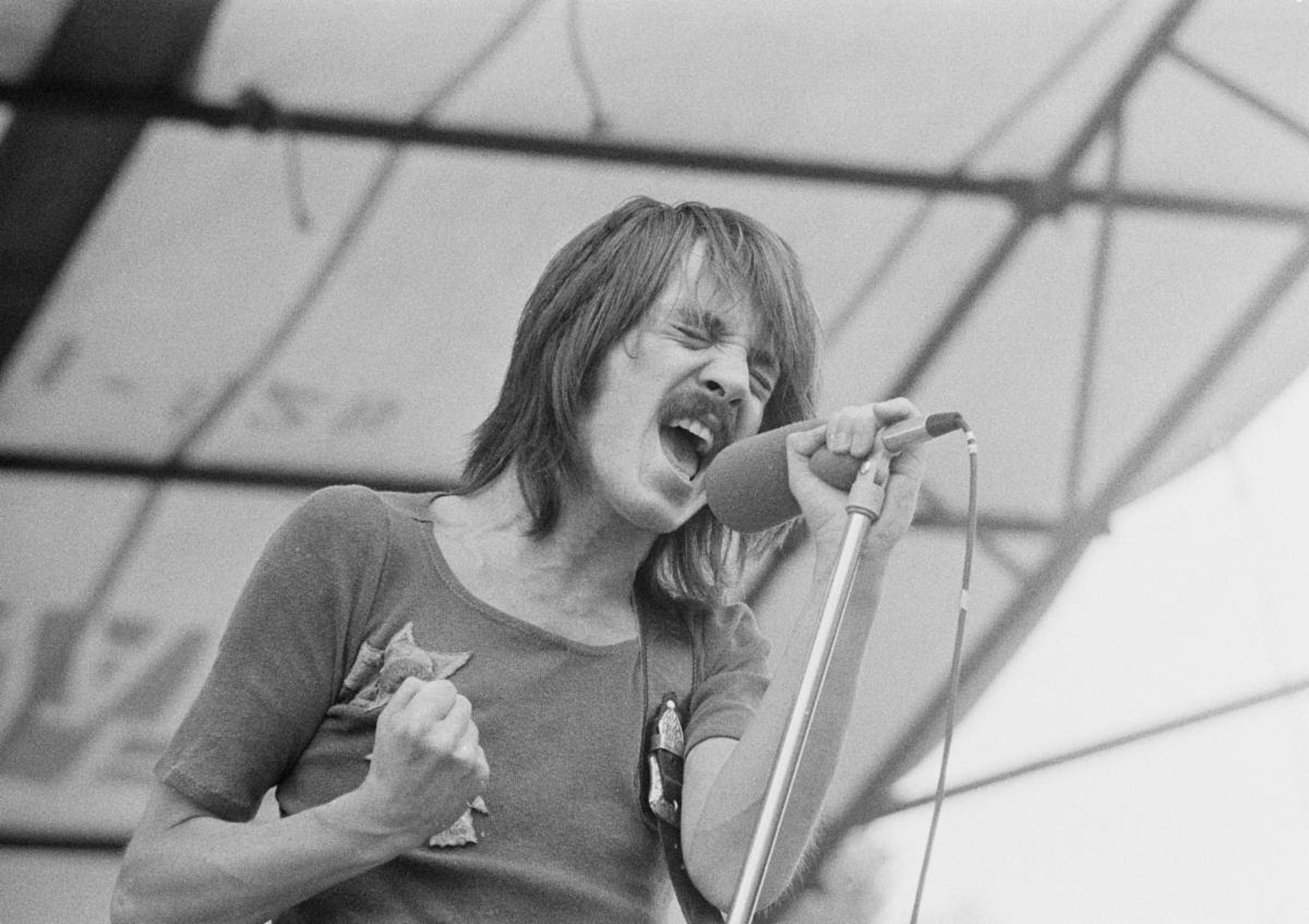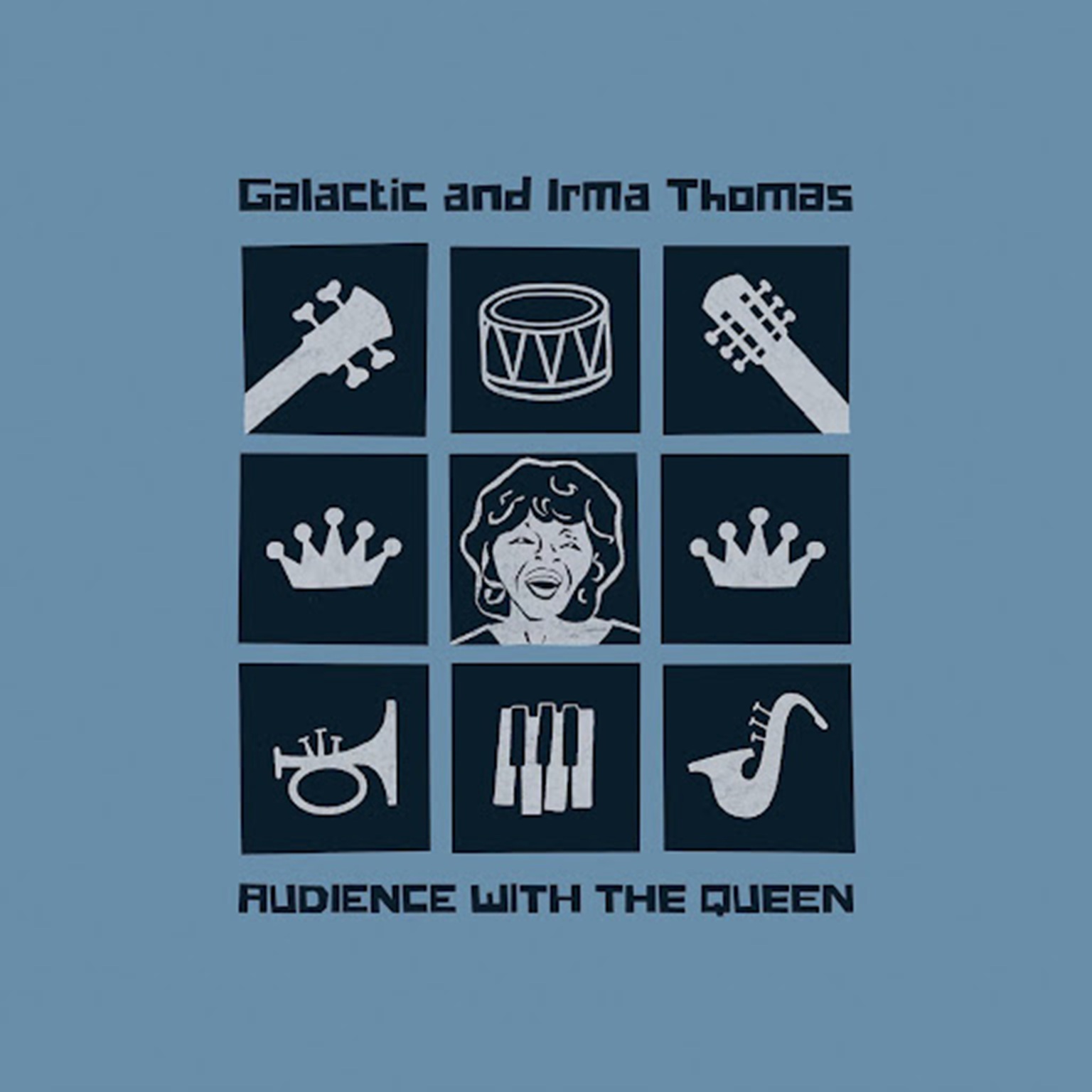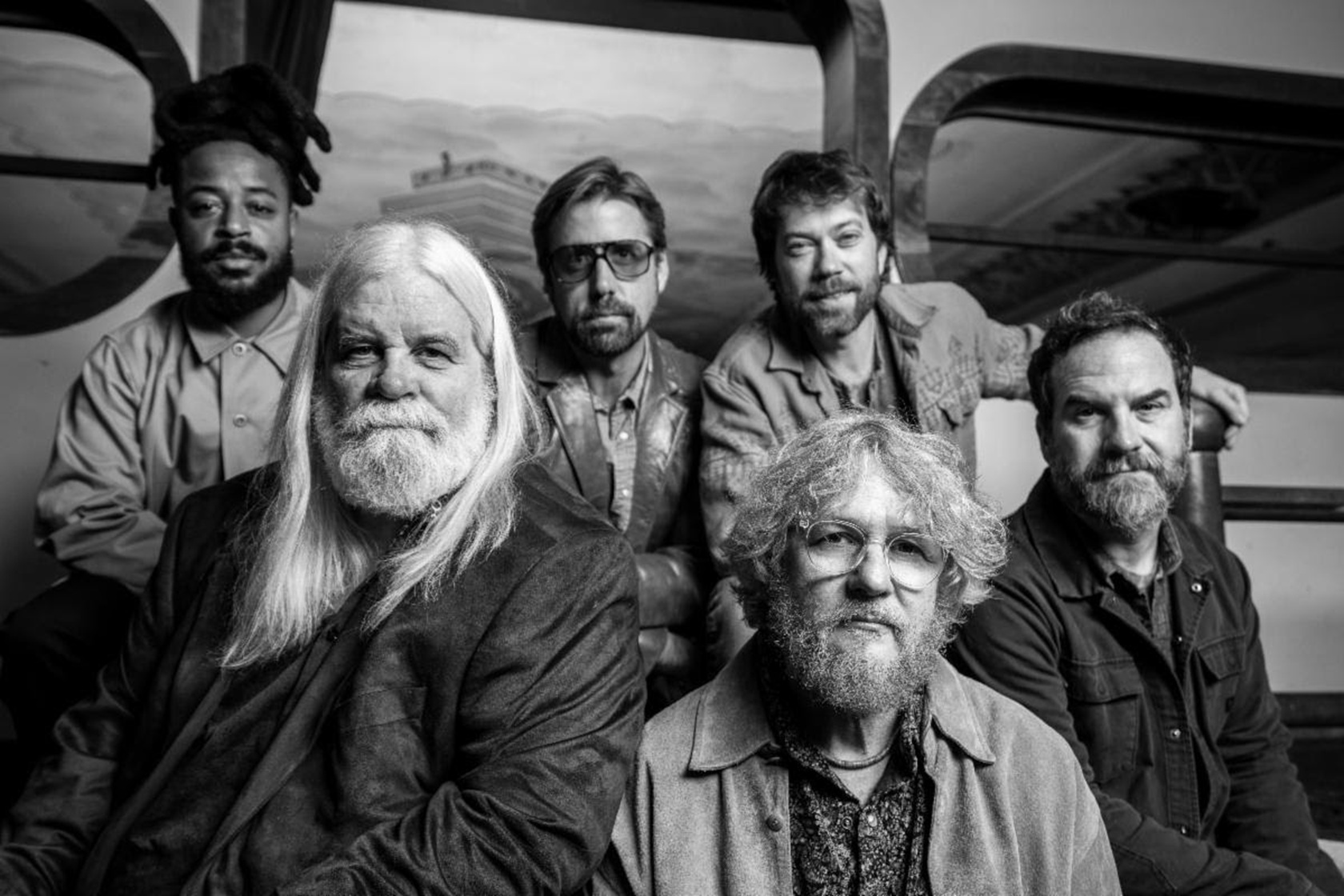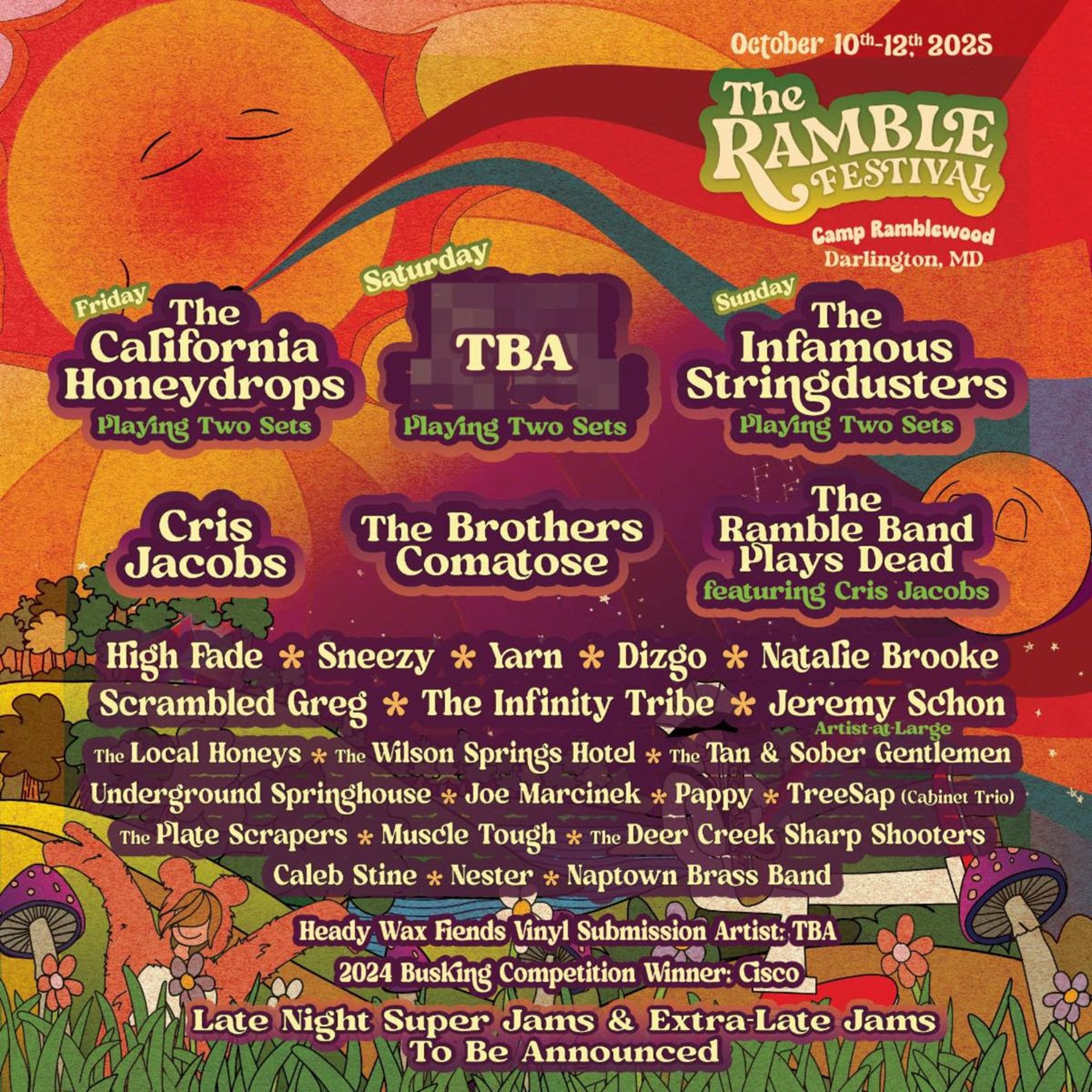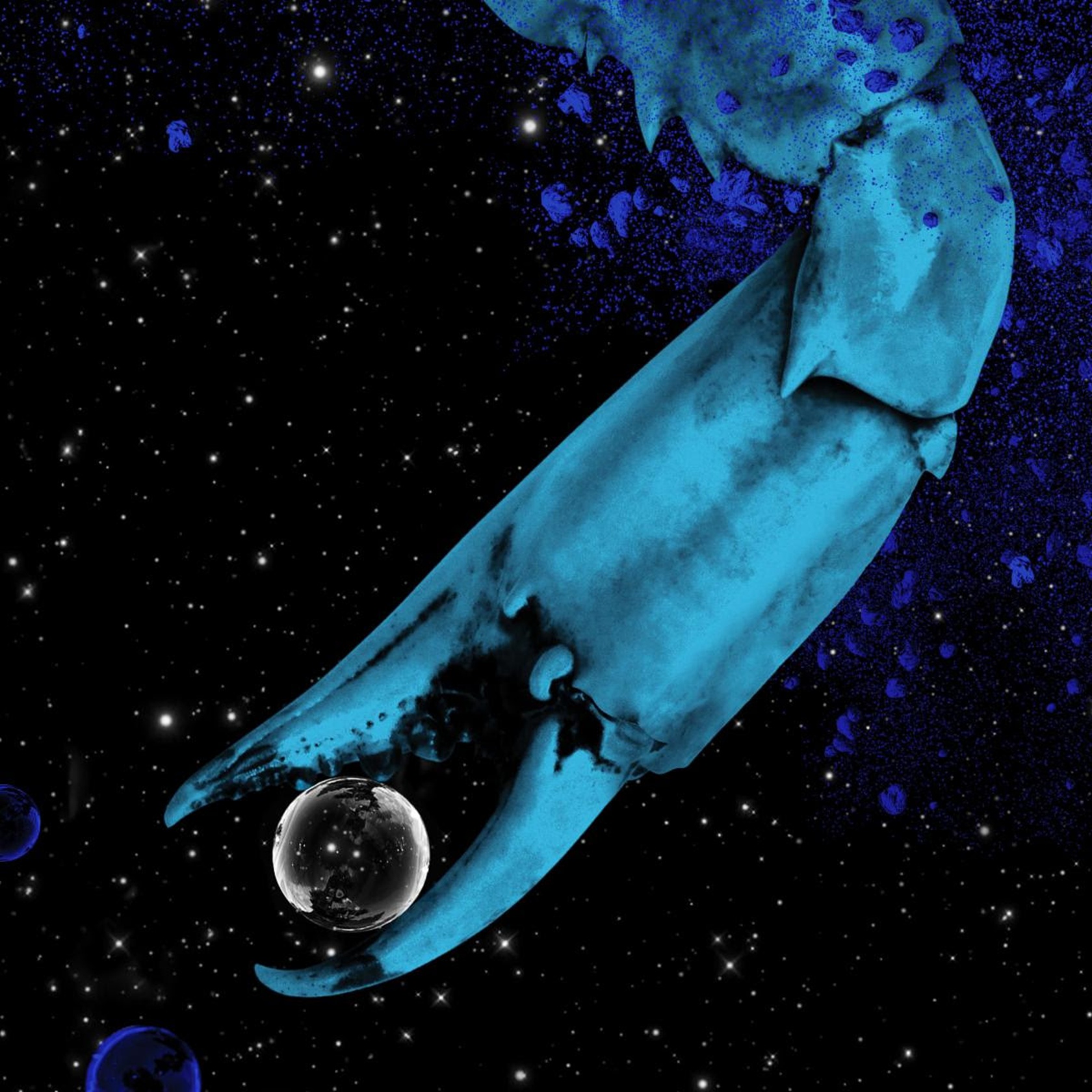The debate over AI-generated vocals continued this week with an exclusive Variety feature article by executive music editor Jem Aswad reporting on a still-growing list of celebrated musicians uniting with Mollie Marriott, daughter of the late Steve Marriott, in objection to plans by the Marriott Estate to release “new” recordings from the legendary Rock & Roll Hall of Fame singer created with AI-powered technology. A wide range of Marriott’s close friends and fellow artists have joined together in opposition to the project, including Marriott’s former bandmates Small Faces’ Kenney Jones and Humble Pie’s Peter Frampton and Jerry Shirley, along with Robert Plant, David Gilmour, Paul Weller, Paul Rodgers, Joe Brown, Bryan Adams, Matt Sorum, Glenn Hughes, Gary Kemp, Bob Harris, and others.
As reported by Variety, Los Angeles-based independent label Cleopatra Records has engaged in discussions with the Marriott estate about completing some of his unfinished demos with the aid of AI technology, though the label ultimately plans to release the recordings in their original form “for now” via three as-yet-unscheduled compilations. Chris France, who has been managing director of Marriott’s estate since 1997, admits that while “there are no confirmed plans to use Steve Marriott’s voice on AI recordings, that does not mean a deal will not be done with one of several suitors who have made offers…I am afraid that [Mollie Marriott’s] opinions are of no consequence to me or his estate.”
Humble Pie founding member, drummer Jerry Shirley, confirmed an attempt by Cleopatra to create a version of the “Georgia on My Mind” with AI-generated vocals “by” Marriott which he could then compare the result with his memories of Marriott’s own informal renditions of the song. The AI recording was “horrible,” Shirley told Variety. “It sounded like someone trying to sound like someone trying to sound like Steve Marriott.”
“The Marriott Estate is due to release an AI solo album of old and new songs of my father, Steve,” said Mollie Marriott in a previously released official statement. “Sadly, the surviving family which comprises just my siblings Lesley, Toby, Tonya, and I, have nothing to do with the Estate as there was no will. It is run by my stepmother who was only with my father for two years prior to his death and has since been re-married.
“We, along with his bandmates of Humble Pie and Small Faces are looking to stop this album from happening as it would be a stain on my father’s name. Someone who was known as one of the greatest vocalists of our generation, with such a live and raw vocal, it would absolutely break his heart if he were alive to know this. This is only for money, not art nor appreciation.
“It is the start of a campaign I wish to lead against this sort of thing, where deceased artists have no rights and that everything natural in this world is truly dying, including creativity and the arts, as AI comes into play. It’s a sad world to behold.”
Widely regarded among the greatest rock ‘n’ roll singers of all time, Steve Marriott who passed away in 1991 at the age of 44, was among the most gifted and iconic artists in the long-storied history of British music. In a career that spanned two decades, the singer-songwriter-guitarist co-founded two of the most acclaimed and influential bands of the 1960s and 1970s, Small Faces (with whom he was posthumously inducted in the Rock & Roll Hall of Fame) and Humble Pie. Small Faces proved as influential as any band of their extraordinary era, bridging R&B, pop, soul, psychedelia, and the primal power of what soon became known as punk rock. The band’s distinctly English sound and vision later provided a blueprint for the Britpop movement of the 1990s. Upon Small Faces’ dissolution, Marriott co-founded Humble Pie and once again left his mark on rock ‘n’ roll with a new kind of hard rock built upon riff-driven no-frills boogie and simple raw power.
Marriott was already a star by the time he co-founded Small Faces, first as a child actor performing on London’s West End as The Artful Dodger in Oliver! and then as 16-year-old leader of the popular R&B group, The Moments. Marriott came together with drummer Kenney Jones and the late bassist-songwriter Ronnie Lane as Small Faces in 1965, joined the following year by keyboardist Ian MacLagan. The band immediately ascended to the forefront of the Mod scene with their high-energy sound, fronted by Marriott’s unmistakable soul-influenced vocals. Over their short but blazing lifespan, Small Faces scored eight UK Top 10 singles, including “Whatcha Gonna Do About It” (later covered by the Sex Pistols), “Here Comes The Nice,” “Itchycoo Park,” “Lazy Sunday,” “Tin Soldier,” and the #1 hit, “All or Nothing.” Their final album, 1968’s classic Ogdens’ Nut Gone Flake, spent six weeks atop the album chart and to this day stands tall as a British psychedelic rock landmark for its singular collage of rousing lysergic R&B, folk eccentricity, and pop-art imagination.
Marriott departed Small Faces in 1969 and teamed with guitarist Peter Frampton, bassist Greg Ridley, and drummer Jerry Shirley as Humble Pie. Considered one of the first supergroups for each member’s previous involvement in other popular bands, Humble Pie instantly proved a momentous outfit, their crushing blend of hard rock, boogie, and blues providing an early example of what came to be known as heavy metal. Marriott led Humble Pie through UK and US success in a range of incarnations, encompassing a further range of influences – from country to soul – but all were hailed for their charged live performances and of course, Marriott’s irrepressible vocals and songcraft at the forefront. A variety of reunions, collaborations, and solo efforts followed Humble Pie’s initial success. Marriott carried on through the 1980s, lighting up live stages in the UK and the US with over 200 gigs each year before his death in a fire at his Essex home on April 20, 1991.





